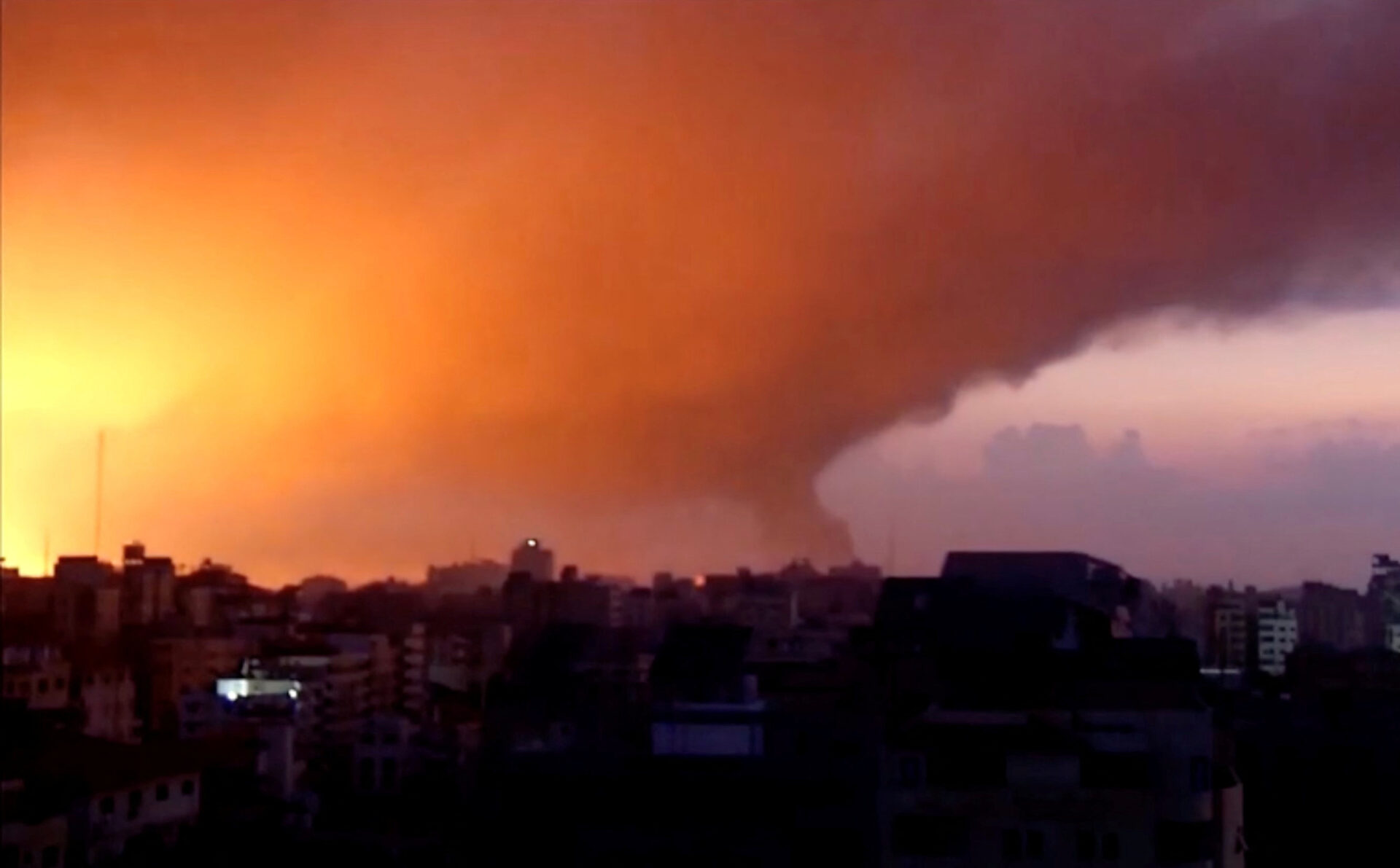CAIRO (Reuters) – New aid flights arrived on Saturday in Egypt’s Sinai Peninsula where relief materials are being held until safe delivery into the nearby Gaza Strip can be secured, an official from the Red Crescent and an aid volunteer said.
Egypt says its side of the Rafah crossing that connects Sinai with the Gaza Strip remains open, though traffic has been halted for several days because of Israeli bombardments on the Palestinian side of the border.

A senior U.S. State Department official said the United States had been working with Egypt, Israel and Qatar to open the crossing on Saturday.
ALSO READ: Countries urge Israel to hold off on Gaza assault with civilians in firing line
Washington had been in contact with Palestinian Americans inside Gaza, some of whom expressed a wish to leave via Rafah, but it was unclear if Palestinian Islamist group Hamas would allow access to the crossing, the official said.
Egyptian security forces have been reinforcing security on their side of the border, including moving concrete barriers, but reports that they were sealing off the crossing were incorrect, one Egyptian security source said, speaking on condition of anonymity.
The crossing is the main exit point for the Gaza Strip’s 2.3 million residents which is not controlled by Israel. Israel and Egypt have upheld a blockade on the enclave, controlling the movement of goods and people since Hamas took control in 2007.
Israel’s military spokesperson said on Saturday that the border remains closed and any crossing to Egypt needed to be coordinated with Israel.
Two aid flights, including one from Turkey, arrived at Sinai’s Al Arish airport, about 45 km (28 miles) from the Gaza border, bringing the total number of planes that have arrived this week carrying humanitarian relief for Gaza to at least five, the Red Cross official and the aid volunteer said.

The World Health Organization said a plane carrying trauma medicines and health supplies had landed.
ALSO READ: Egypt in talks for Emirati funding to buy Kazakh wheat — traders
“Every hour these supplies remain on the Egyptian side of the border, more girls and boys, women and men, especially those vulnerable or disabled, will die,” WHO chief Tedros Adhanom Ghebreyesus said in a statement.
There is alarm in Egypt over the prospect that residents in Gaza could be displaced by Israel’s siege and bombardment of the territory, launched in retaliation for the devastating incursion by Hamas militants.
Like other Arab states, it has said that Palestinians should stay on their lands as the war escalates and that it is working to secure delivery of aid into the Gaza Strip.


